By Manisha Sahu |America News World October 31, 2025
Twenty years have passed since the RJD’s rule in Bihar ended — yet at every election, the spectre of “jungle raj” looms large over the party and its leadership. For Tejashwi Yadav, the face of the opposition in the state today, the burden is especially acute: although he was barely 16 when the party lost power in 2005, his campaign is repeatedly shadowed by the past.

A legacy of lawlessness
The phrase “jungle raj” – literally “rule of the jungle” – has become one of the most enduring and potent labels in Bihar’s modern political lexicon. It is used to characterise the period from the early 1990s through the early 2000s when the RJD, led by Lalu Prasad Yadav (and at points his wife Rabri Devi), held power. Critics allege that during those years the state’s law-and-order machinery collapsed: kidnappings for ransom, violent caste-militia conflicts, open extortion and a politicised police force all combined to give the impression of governance on the brink.
In fact, the term first gained legal-public attention when in August 1997 a Division Bench of the Patna High Court described Patna’s municipal mis-governance (water-logging, drains etc) as being “worse than the Jungle Raj.”
Why the term stuck
The factors that made the phrase so durable are three-fold:
– A significant number of high-profile caste-based massacres in central Bihar during the 1990s — for example the Bathani Tola massacre (1996), the Laxmanpur-Bathe massacre (1997) and the Senari massacre (1999) — which fed the perception that the state had lost the ability to protect its citizens.
– A perception of a criminal-political nexus: local strongmen, some accused of serious crimes, gained electoral positions and were alleged to use their office to evade prosecution or interfere with policing.
– The continued use of the phrase by successive governments and political opponents as electoral rhetoric — it became less a precise historical description and more a political weapon.
The RJD’s dilemma
For the RJD, the label has persisted as a political liability. Even though it has been two decades since they held power, the party remains tethered to the image of misgovernance and law-and-order failure. In the current election cycle, the ruling coalition has repeatedly used the term to warn voters against “a return to jungle raj” if the RJD comes back to power. For instance, Narendra Modi, in a rally, urged voters to choose governance and “keep jungle raj at bay”.
Tejashwi Yadav, tasked with detaching the party from this past, faces a structural challenge: the younger voters — many of whom were not alive during the 1990s or early 2000s — may view the term differently or less emotionally. One recent report said:
“Two decades ago … darkness fell, Patna Junction became a place of fear. … Now, as Bihar moves towards its election, ‘jungle raj’ is again echoing in speeches — though with diminished force.”
How much has changed?
There is evidence that Bihar has improved in many governance metrics. One article notes that per-capita income has risen from about Rs 8,528 in 2004-05 to Rs 66,828 in 2023-24, and rural paved road-length increased significantly.
Law-and-order reforms under Nitish Kumar (who ended the RJD’s rule in 2005) are also credited with weakening the criminal-political nexus. Measures such as speedy trials, arms-act enforcement and special police task forces are cited.
Yet critics argue that the “jungle raj” label is not simply about a past era: in recent years rising crime, under-staffed policing and visible lynchings or kidnapping cases lead opponents to ask whether the condition ever truly vanished.
The political battlefield in 2025
As the 2025 Bihar Assembly elections approach, the debate around “jungle raj” frames much of the narrative:
For the ruling alliance (led by NDA), the slogan is: “Vote for governance, don’t let jungle raj return.”
For the RJD and its allies, the counter-argument is: the term is a political smear, time has changed, and the younger generation demands employment, infrastructure and opportunity rather than simply fear of lawlessness. For example, Tejashwi has pointed out that crime rates in BJP-ruled states are as bad or worse than during his party’s era.
Why the shadow remains long
Several reasons keep the “jungle raj” legacy alive for RJD:
Emotional memory: Families who lived through the 1990s worst years recall kidnappings, extortion, an atmosphere of fear. Stories are still passed down.
Political brand: The RJD remains associated in public consciousness with the Lalu-Rabri years; disentangling that brand is hard.
Simplified narrative: For many voters, the slogan “jungle raj” is shorthand for back-years of fear, which the opposing parties use to frame the election as a stark choice.
Youth disconnect: Although many young voters did not live through the worst years, the term still influences the campaign through family memories, regional media, and political rhetoric. However, some analysts say its power may be fading among the younger generation.
What lies ahead
For the RJD, the challenge is two-fold: respond to contemporary issues (employment, migration, infrastructure) while managing the perception inherited from past decades. Tejashwi’s campaign needs to showcase a vision that breaks from the past image and connects with younger, urban, aspirational voters.
On the other hand, the ruling coalition will continue emphasising law and order, invoking the spectre of jungle raj as a warning. Whether that resonates as strongly in 2025 as it did in earlier elections remains to be seen — analysts warn that as the direct memory of those years recedes, voters may prioritise forward-looking issues over past fears.
The long shadow cast by “jungle raj” over the RJD may not define the Bihar election entirely, but it remains a potent political legacy. For a party that is trying to reinvent itself, it is a legacy that cannot easily be shaken off. In the 2025 election, as voters weigh progress, governance and hope for the future, the echoes of the past will still whisper — and the RJD must navigate that terrain carefully to avoid being trapped by its own history.
Discover more from AMERICA NEWS WORLD
Subscribe to get the latest posts sent to your email.
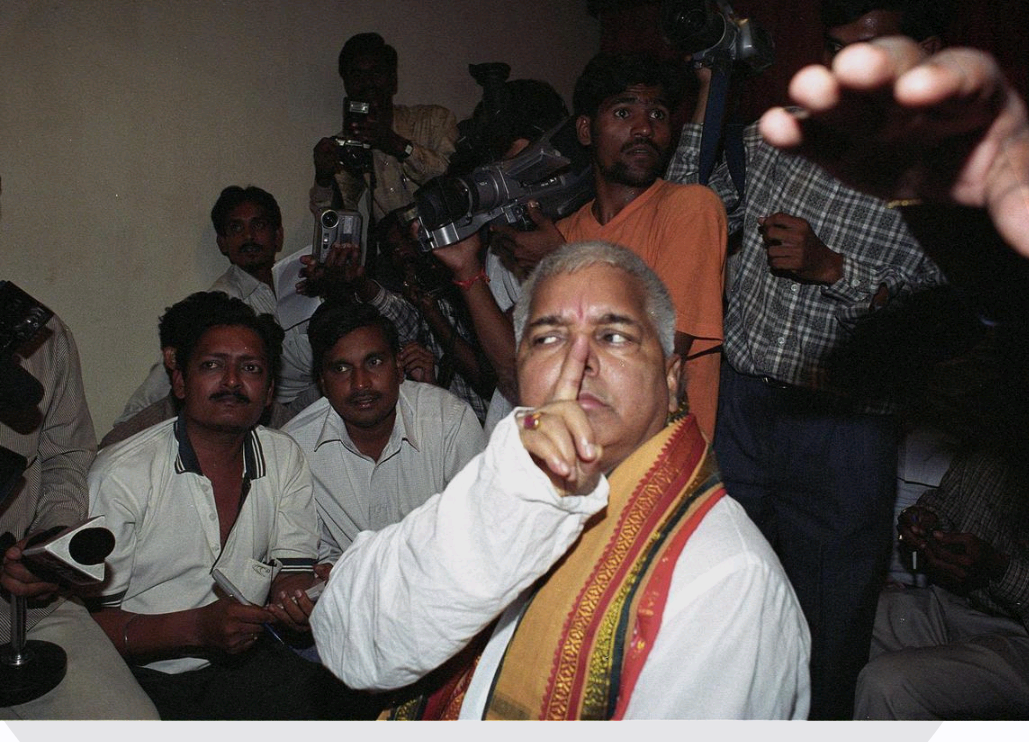




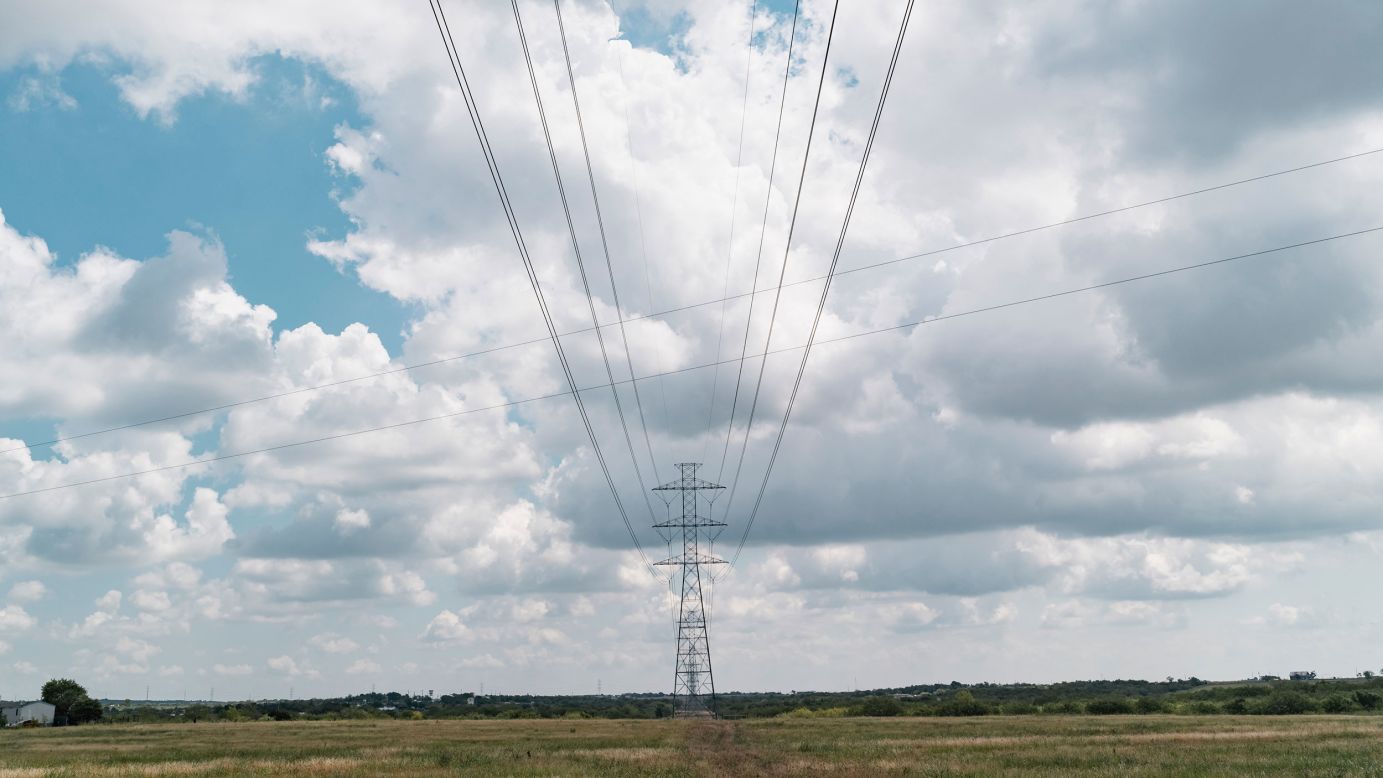










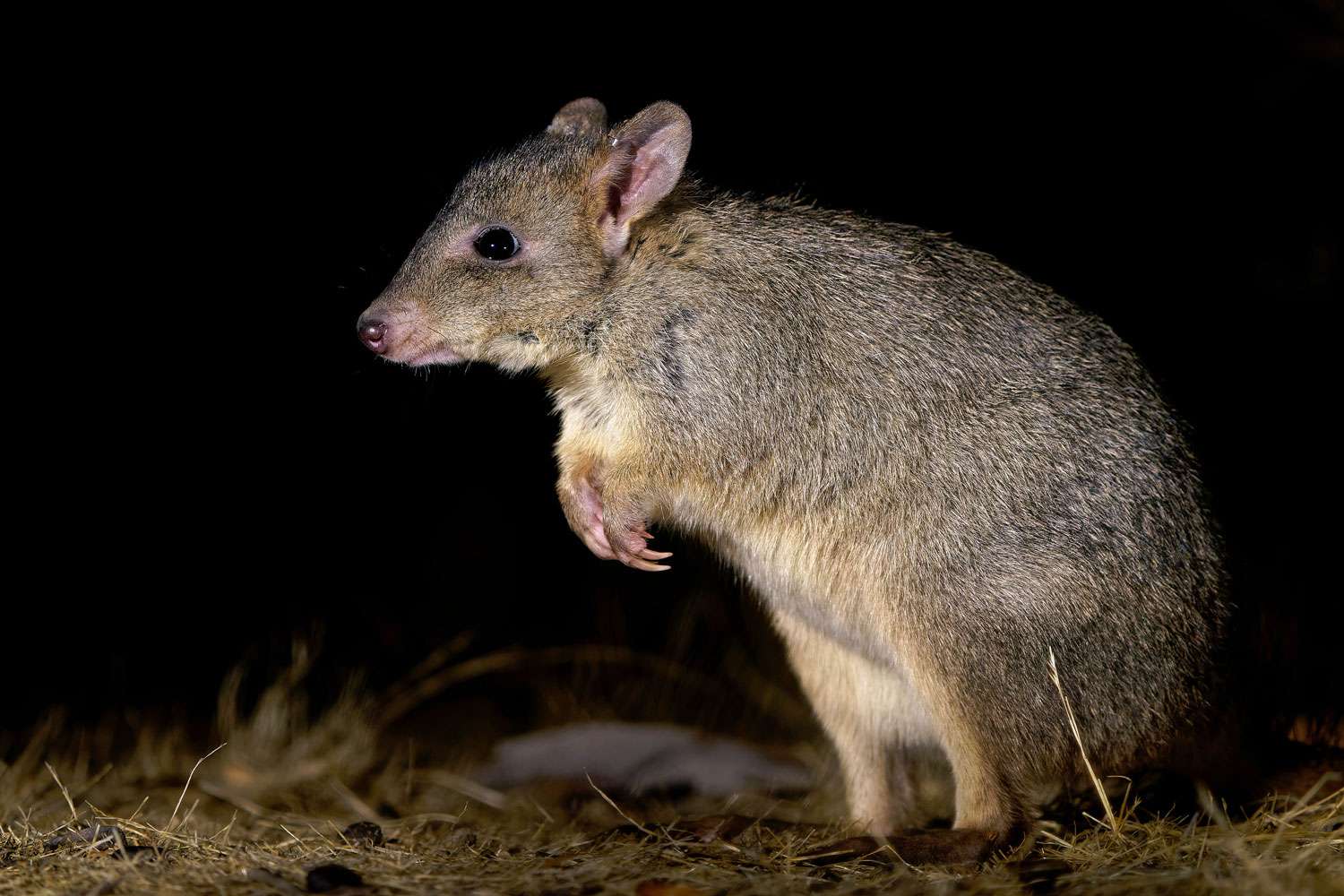

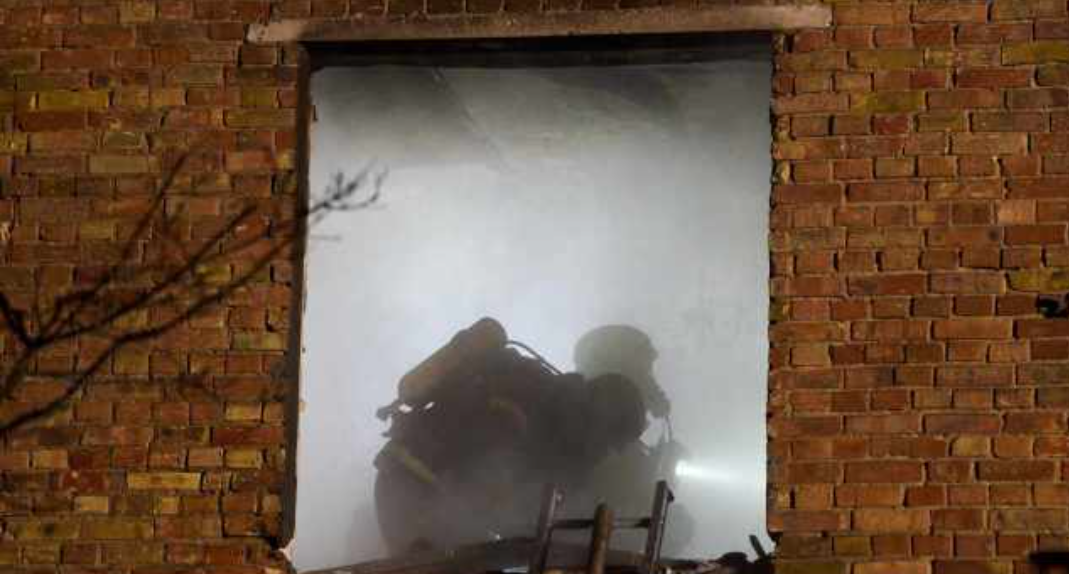
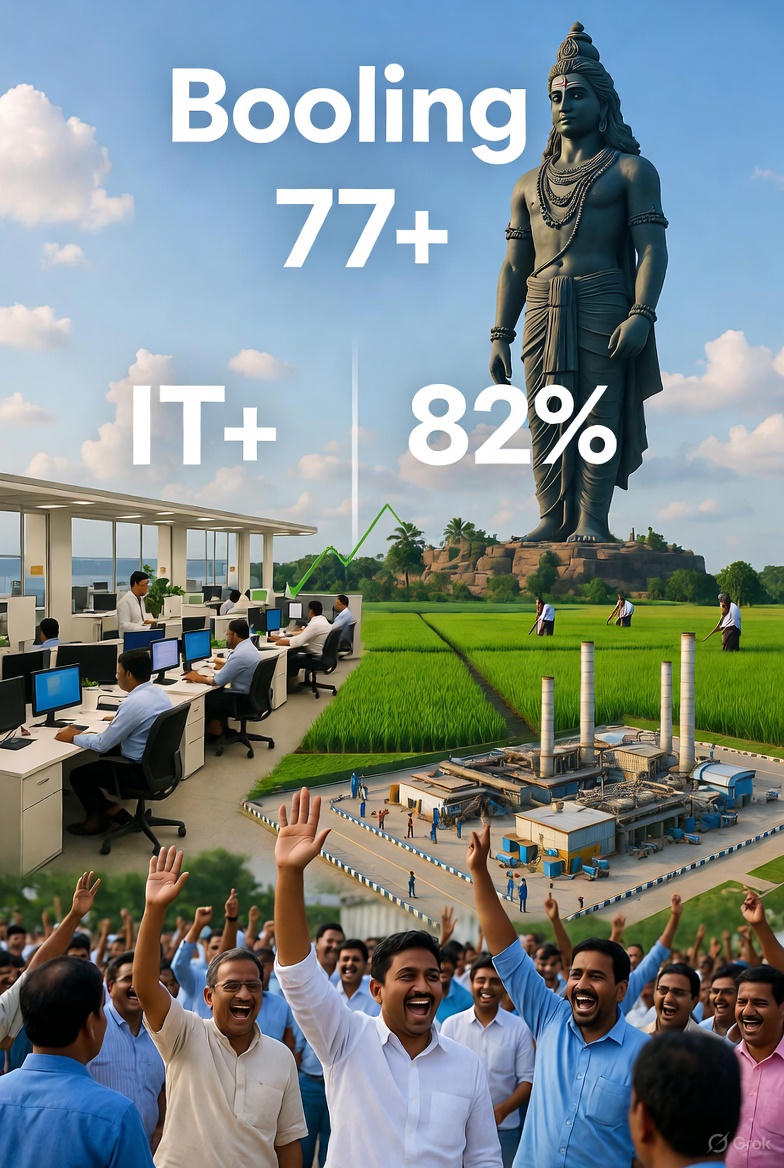






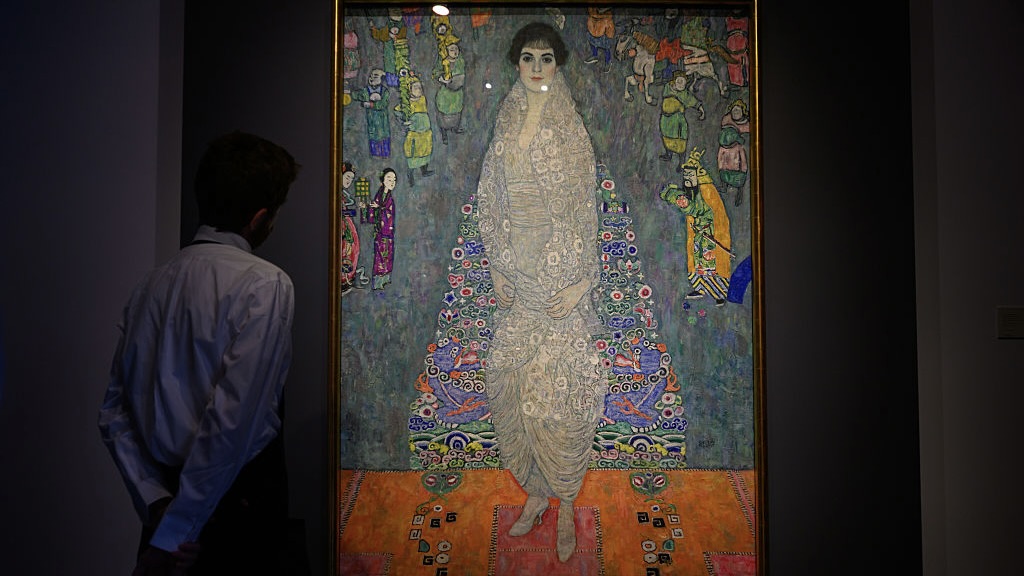





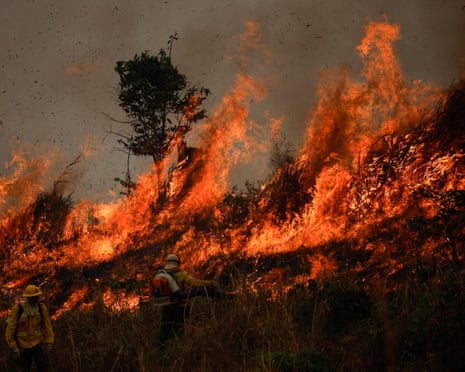
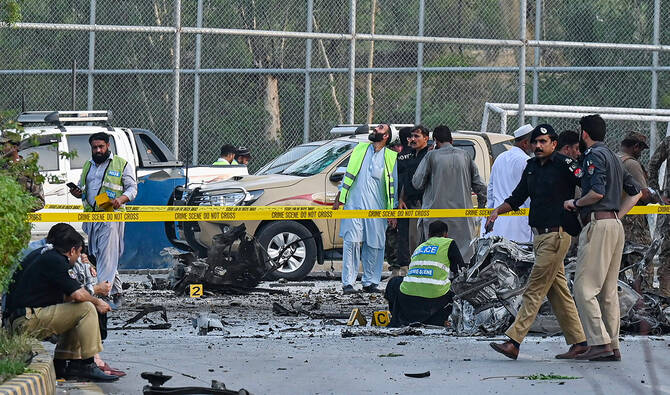


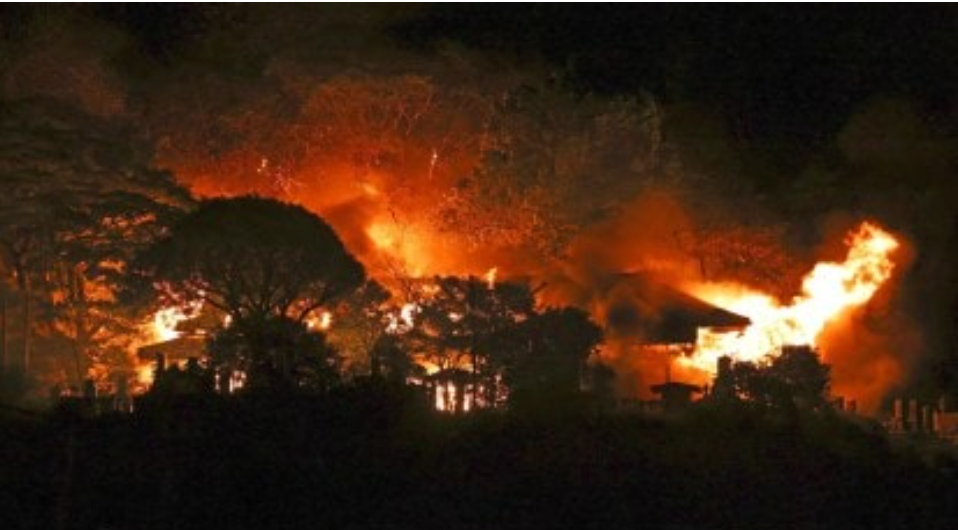
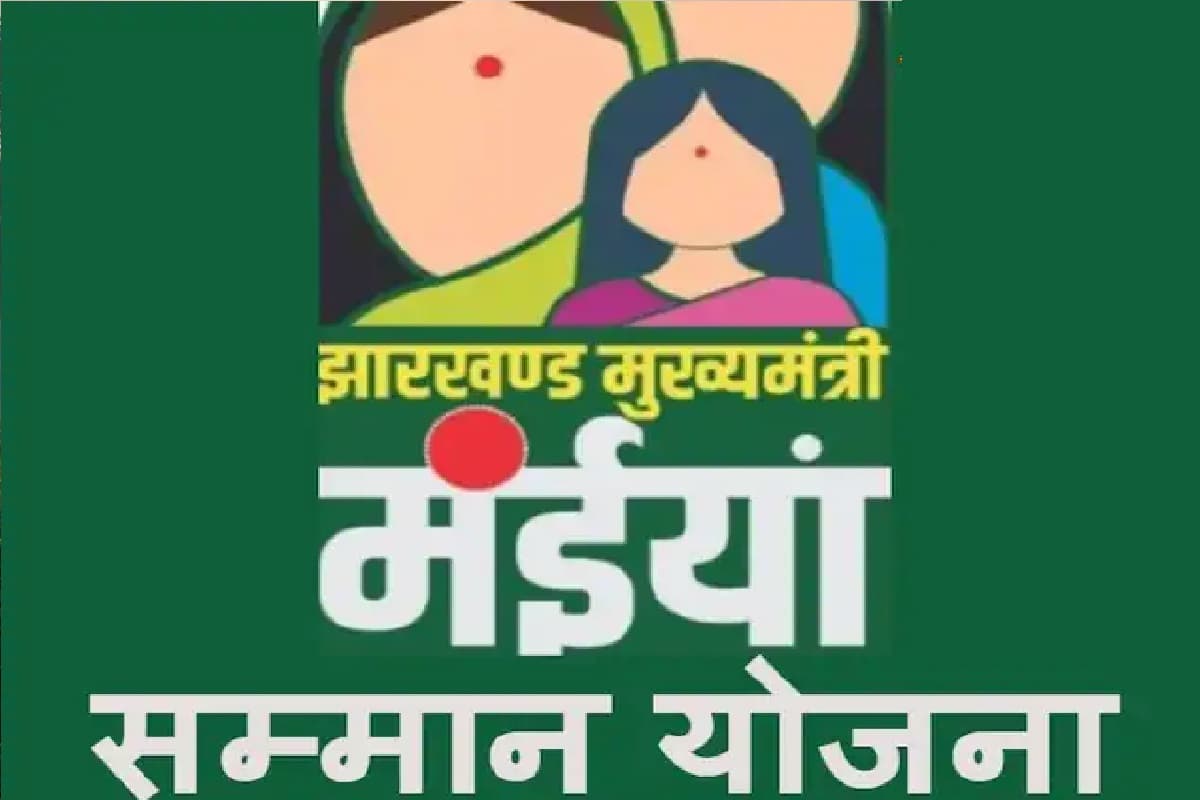

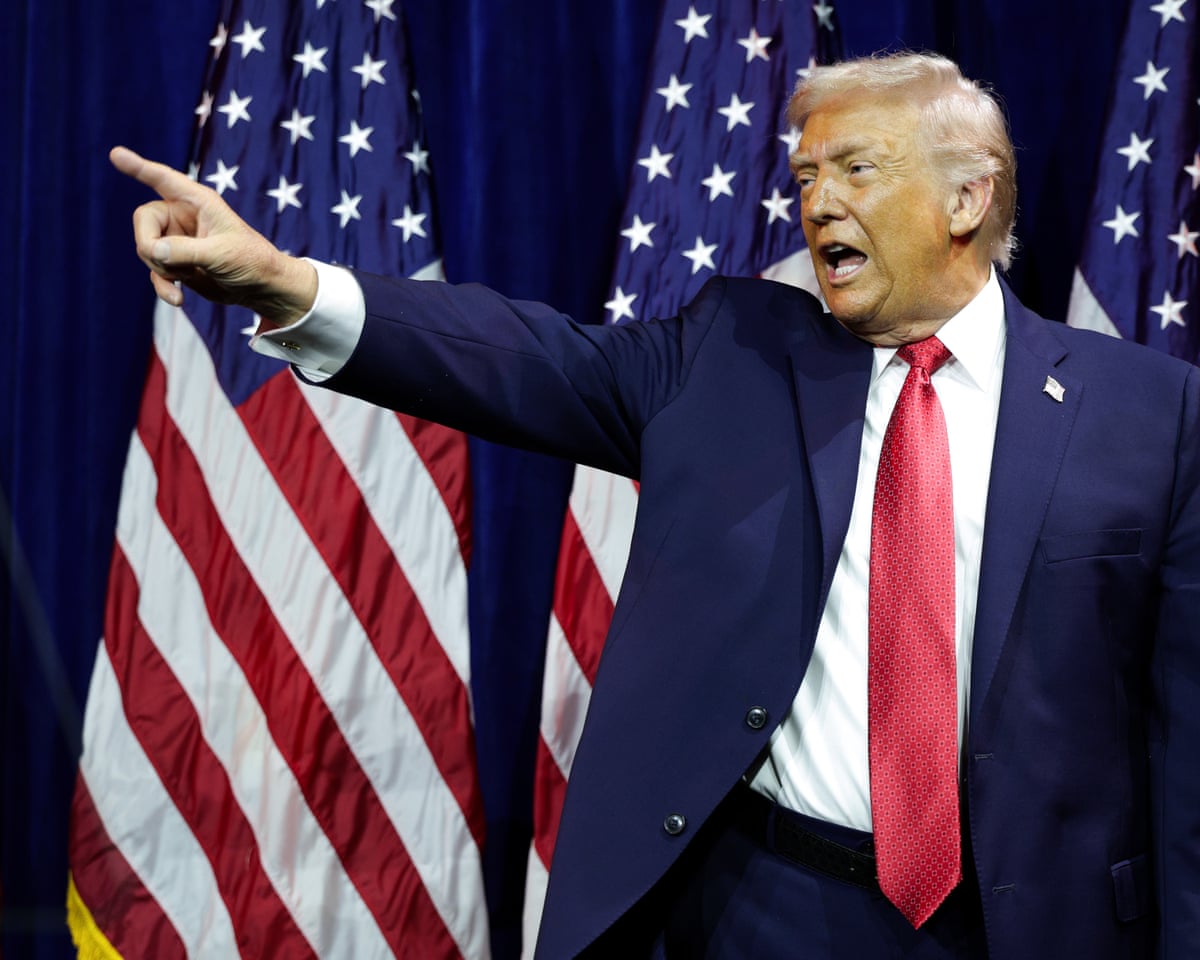

Leave a Reply